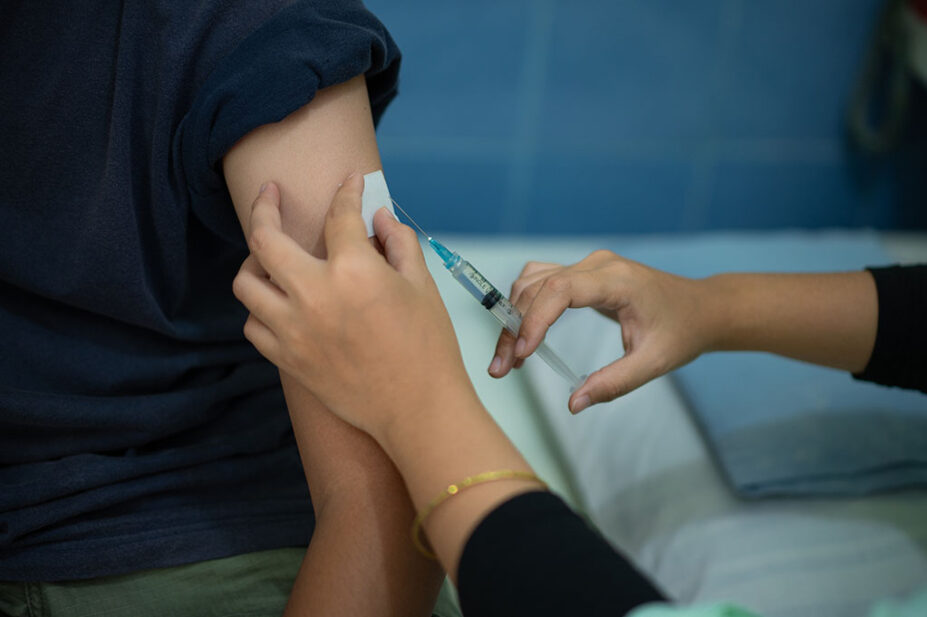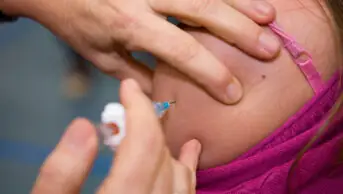
Shutterstock.com
A trial of a possible first UK vaccine against norovirus — jointly run by the UK government and pharmaceutical manufacturer Moderna — is set to launch in late October 2024.
The ‘Nova 301’ phase III trial will involve testing Moderna’s investigational mRNA-1403 vaccine across 39 sites across England, Scotland and Wales, including 27 NHS primary and secondary care sites.
The trial is aimed to recruit 2,500 participants throughout the UK, with researchers particularly seeking people aged 60 years and older. Half of the participants will receive the vaccine and half will receive a placebo.
Subsequently, the trial will then expand internationally, with researchers aiming to recruit 25,000 participants globally.
The trial will run in the UK as part of the ten-year Moderna–UK Strategic Partnership between Moderna and the UK Health Security Agency on behalf of the UK government.
The set up and delivery of the trial is being supported by the UK Vaccine Innovation Pathway and the National Institute for Health and Care Research (NIHR).
In a press release published on 23 October 2024, the NIHR said the trial is aimed to evaluate the “efficacy, safety and immunogenicity” of the vaccine.
Norovirus — commonly known as the winter vomiting bug — has been estimated to cause around 3.7 million infections in the UK each year. However, there are currently no licensed norovirus vaccines in use anywhere in the world.
Melanie Ivarsson, chief development officer at Moderna, said: “By advancing our investigational mRNA norovirus vaccine into a pivotal phase III trial, we are one step closer to potentially providing a new tool to prevent infection from this highly contagious virus, which places a significant burden on health systems globally.”
Anja St. Clair Jones, consultant pharmacist in gastroenterology at University Hospitals Sussex NHS Foundation Trust, commented: “Norovirus infections in all care settings cause considerable pressure on healthcare resources, but can also have long-term gastrointestinal effects in infected patients, such as malnutrition, intestinal inflammation, altered gut flora and post-infectious irritable bowel syndrome reported in 5–32% of patients with gastroenteritis.
“Norovirus infections in vulnerable patient groups are a cause of higher morbidity and mortality, and a preventive vaccine would deliver invaluable benefit to patients, the NHS and across the globe. The World Health Organization reports that norovirus causes an estimated 200,000 deaths per year, including 50,000 child deaths, primarily impacting low-income countries.
“The UK is exceptionally well-placed to develop novel treatments and vaccines through collaborative partnerships, and a norovirus vaccine would make a big difference to many lives and healthcare settings across the globe,” she added.
“Community pharmacies are well-placed to deliver such a vaccine, as community pharmacists have considerable experience in delivering vaccination programs and play a vital role in preventive medicine and public health.”


